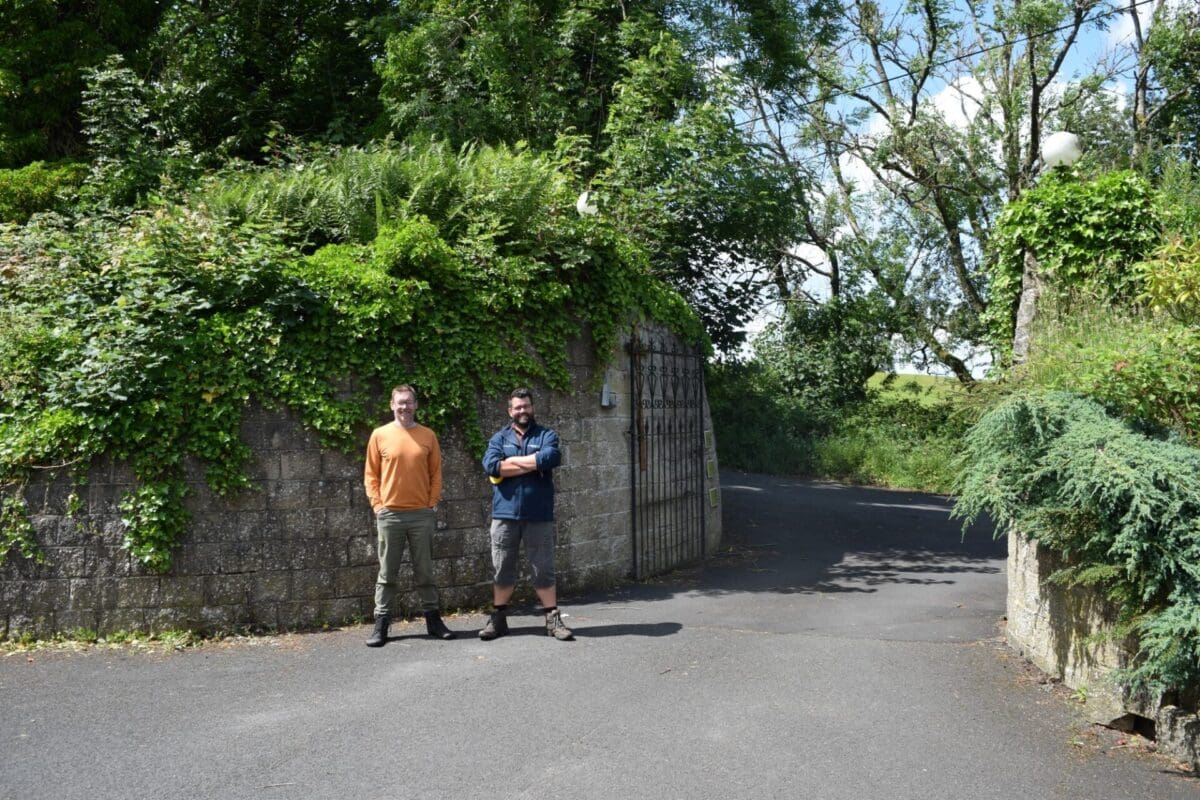New University Partnerships Tackle Mining Pollution Legacy
We are excited to be working with two universities on two new research projects.

Both projects will support our metal mining legacy work and assess the impact of historic mining but using very different approaches and techniques.
We are working with undergraduate, Tom Teasdale, from Northumbria University to measure pollution in the Swinhope Burn, a tributary of the River East Allen in Northumberland, using geochemical analysis.
The area has been identified as a particular source of pollution coming from the mine shafts and spoil heaps. The research will inform us of the type and scale of work required to remediate the issue. It will also help us to understand the likely pollution in other similar sites.
Tom said, “Working with Tyne Rivers Trust is an excellent opportunity for me to gain valuable experience within the field, something that I’ve never had before. I’m extremely grateful for the opportunity to network with others in the field that I would love to have a career in, post-graduation.”
The second project is with a postgraduate student from Manchester Metropolitan University to use dendrochronology to study long term industrial pollution at Allendale.

Dendrochronology is the study of tree rings to determine their age and understand past environmental and climate conditions.
The research will build a history of pollution from the lead mines around Allendale in the 19th century and show the extent of pollution and how widespread it has been. As well as forming the basis of a scientific journal paper, the results will serve the practical purpose of identifying the areas where more investigation is needed and where additional work could be required to remediate the pollution.
Dr James Fielding, metal mining legacy manager at Tyne Rivers Trust said, “Working with universities provides us with a fresh perspective and innovative ideas in support of our work, whilst also contributing to the students’ educational and professional development by offering them valuable, practical experience and applying their knowledge to real world challenges.”
Dr Jonathan Lageard, principal supervisor from Manchester Metropolitan University, said “Relating scientific analyses of environmental archives such as those contained in peat bogs and tree-rings can bring past industrial legacies dimmed by the passage of time into sharper focus. Pollution histories and their spatial impacts are still relevant in the 21st Century in many parts of the country.”


